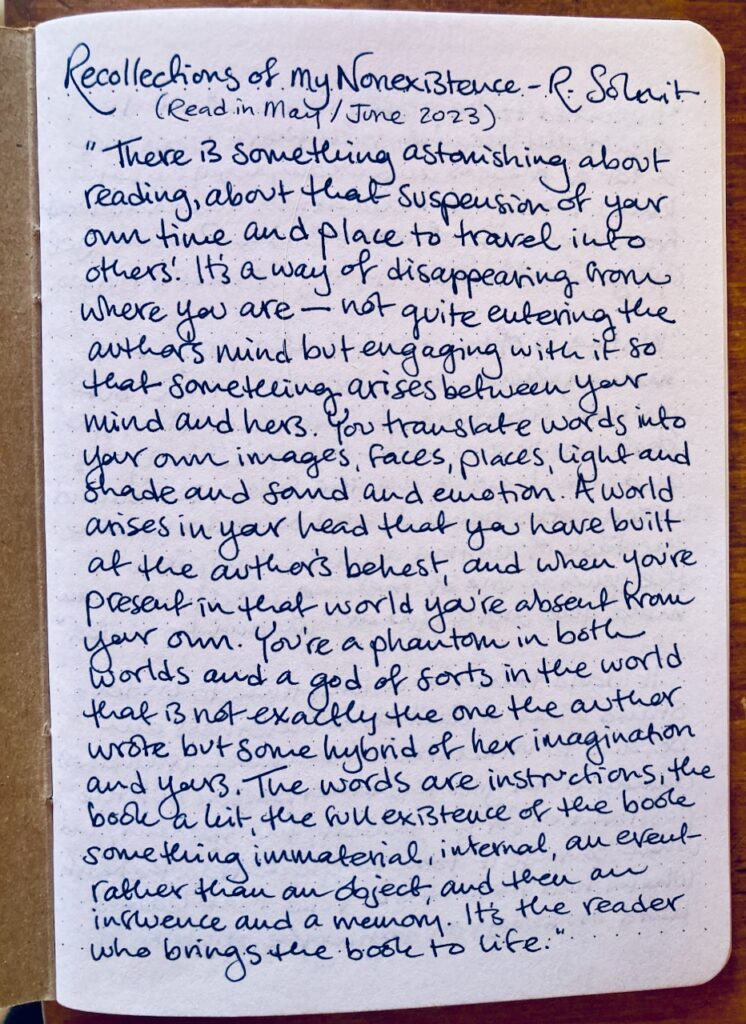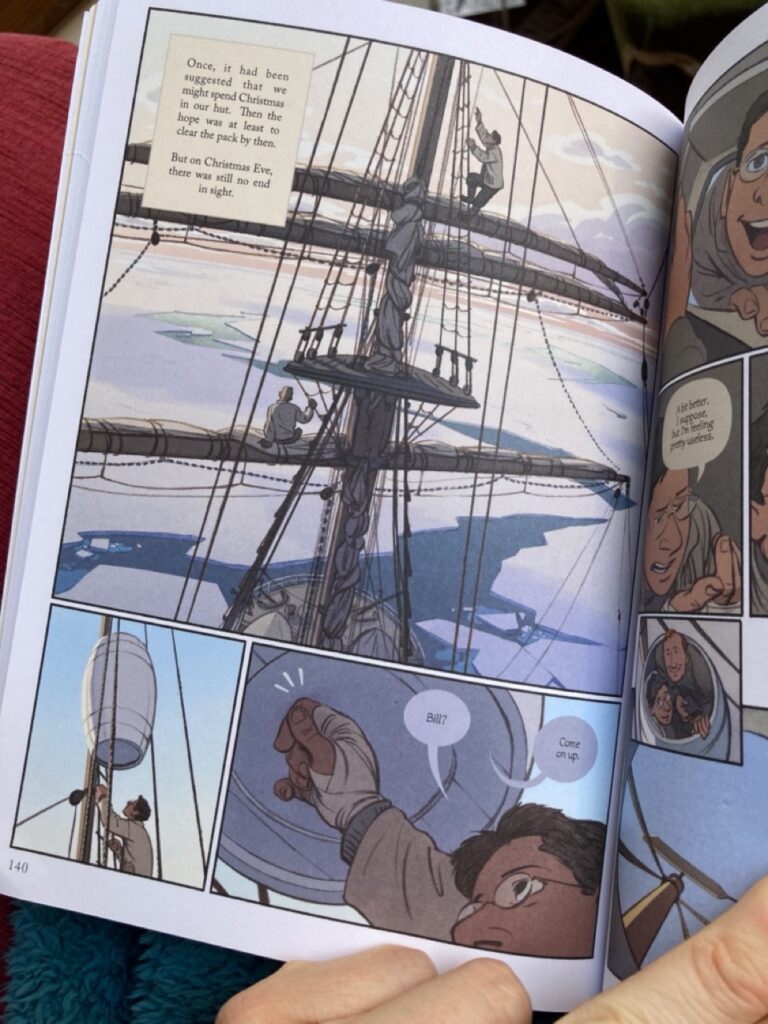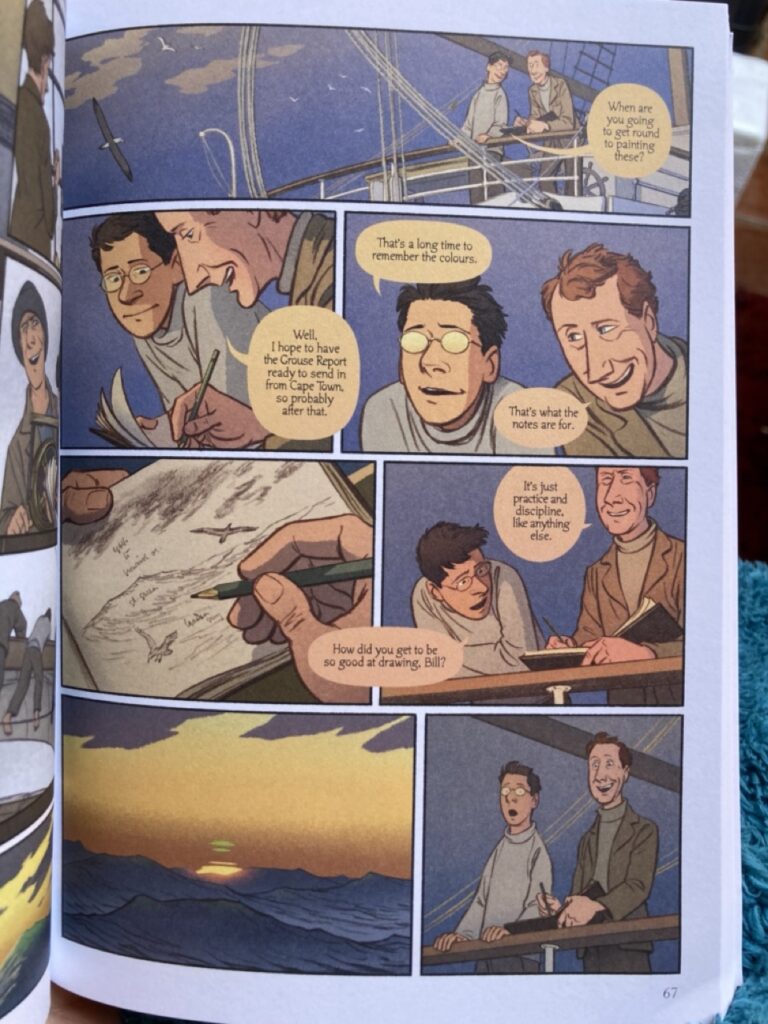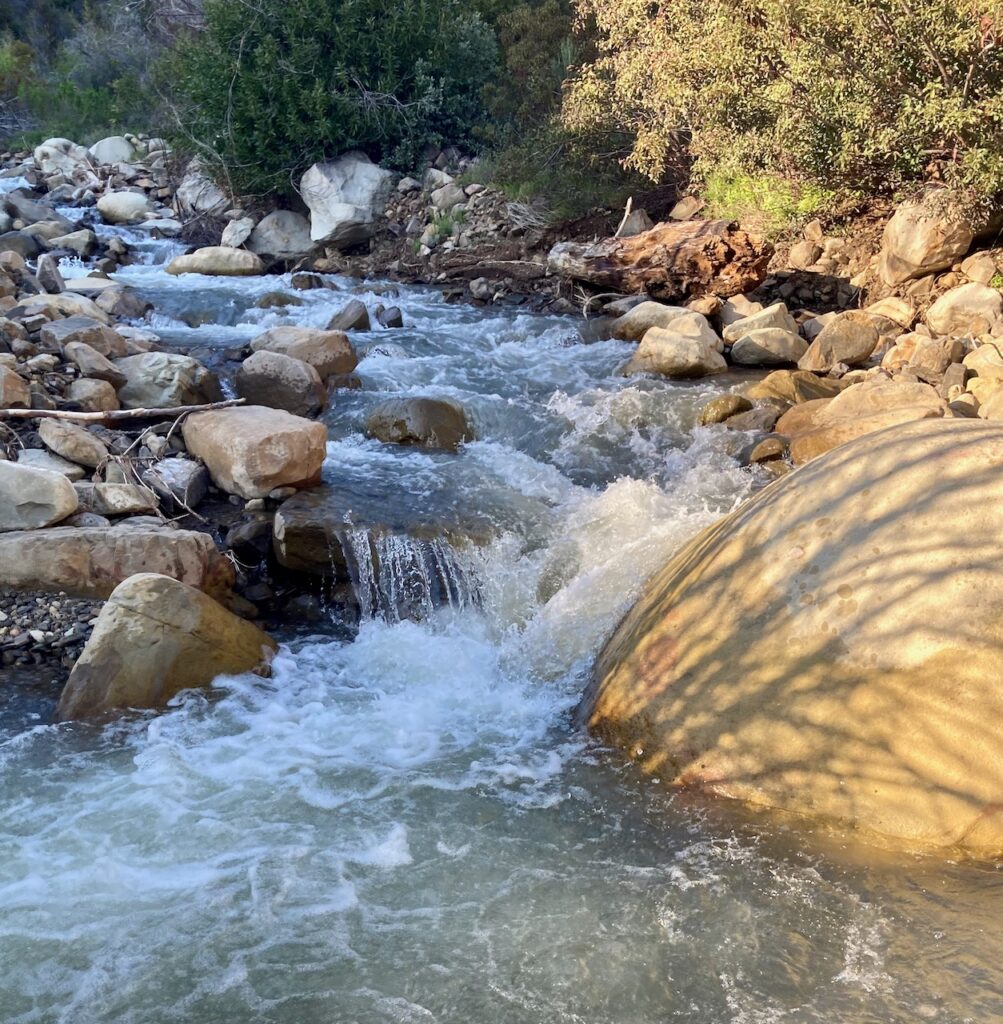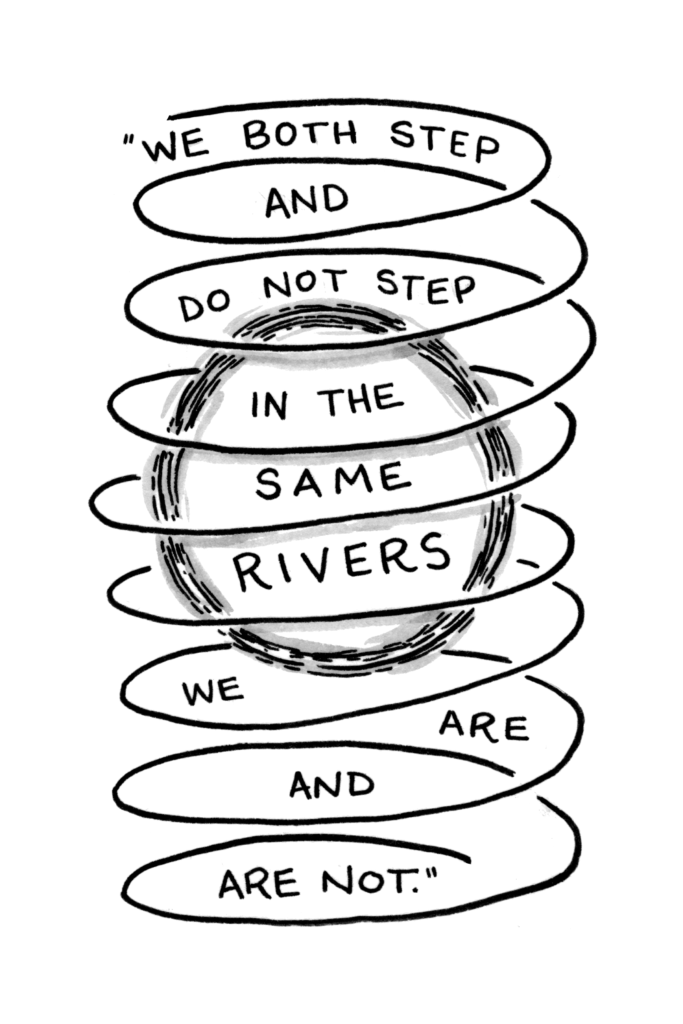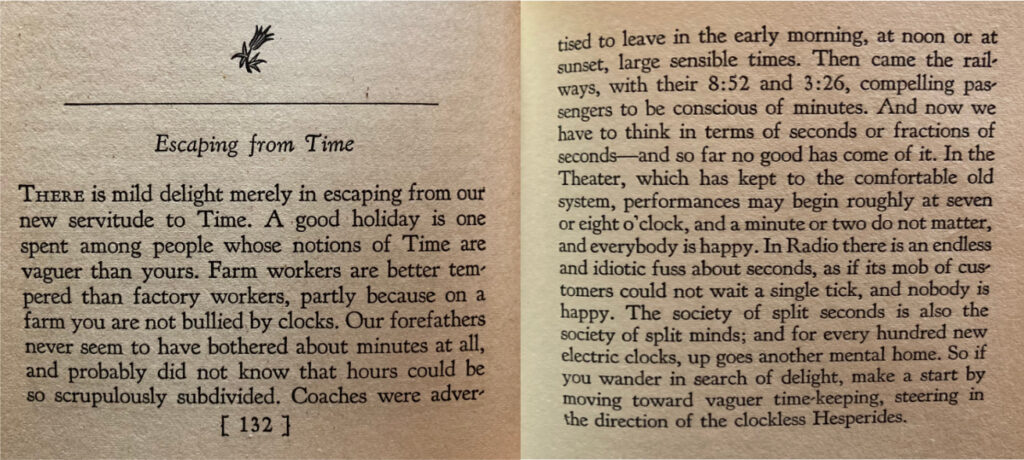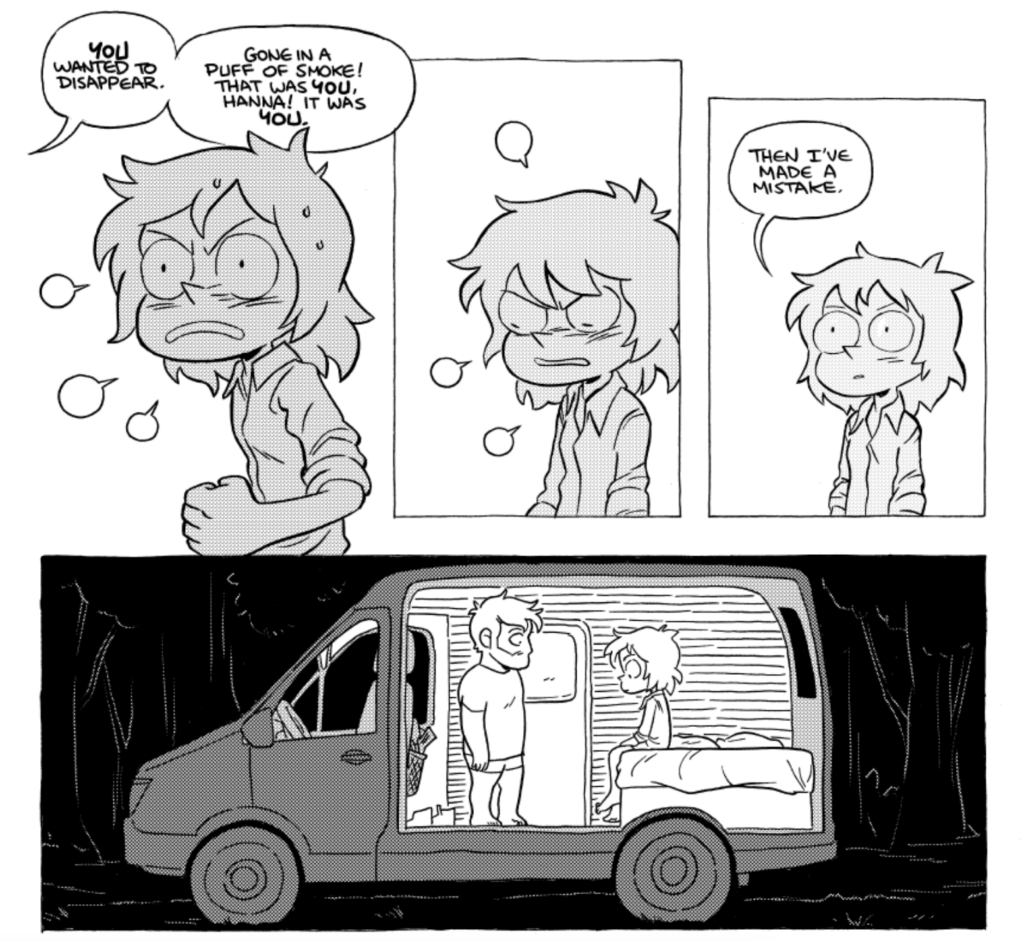I was hanging out with some new friends recently and the conversation turned, as it inevitably does, toward books. Someone asked me to guess who read the least out of the assembled company. (Weird move, but okay.) I guessed that one person had grand bookish intentions, but really only read one “big ideas” book a quarter, another escaped into lengthy fantasy series, and the third was a wild card bouncing between fiction and pop psych. Not far off, it turned out. But that’s subject matter, not quantity. Someone said they had a hunch I went through books “like food,” which is true. “A book a month?” someone suggested. I looked shifty. “A book a week?!”
I had to pull up this list to check. It feels off to make that claim when I read so many graphic novels, but it’s true. I love books. I love devouring them. I love thinking about them and talking about them and letting them change and shape me.
Interesting that so many of my top favorites this year were comics! Getting back into working on Seacritters has me wanting to explore the medium more than I usually do, and I found some real gems. I love looking over the list and remembering where I was while reading each of these. It’s a strangely vivid experience. Getting lost in Hilary Mantel at Christopher’s was otherworldly. Plowing through Aidan Truhen at home was a riot. Being bewitched by Trung Le Nguyen’s lines on a beanbag in the Ojai Library kids’ section was nostalgic and peaceful.
I look at these lists and struggle to explain to new people what and how I read. In some groups it’s a shorthand for belonging—in others it’s a gateway to somewhere else.
(Previously: 2022 in Reading, 2021 in Reading, 2020 in Reading)
| Legend | Rough Guide to Ratings |
|---|---|
| 🎭 – Plays 📝 – Poetry 📖 – Books (Fiction) 📓 – Books (Nonfiction) 💬 – Graphic Novels 🔄 – Reread 🎙️ – Audiobook | ❤︎ = Yes ❤︎❤︎ = Oh Yes ❤︎❤︎❤︎ = Oh Hell Yes |
- 📖 Tomorrow, and Tomorrow, and Tomorrow – Gabrielle Zevin ❤︎❤︎
- 📓 The Quiet Eye – Sylvia Shaw Judson
- 📓 Soundings: the Story of the Remarkable Woman Who Mapped the Ocean Floor – Hali Felt
- 🔄 💬 Diary Comics – Dustin Harbin
- 🔄 📖 This is How You Lose the Time War – Amal El-Mohtar and Max Gladstone ❤︎❤︎❤︎
- 📓 The Wisdom of Insecurity – Alan Watts
- 📓 Also a Poet – Ada Calhoun ❤︎❤︎
- 💬 The Well – Jake Wyatt, Choo
- 💬 The Magic Fish – Trung Le Nguyen ❤︎❤︎
- 📝 The Wrecking Light – Robin Robertson ❤︎
- 📓/💬 Solutions and Other Problems – Allie Brosh
- 💬 Snapdragon – Kat Leyh ❤︎❤︎❤︎
- 📝 Four Reincarnations – Max Ritvo
- 💬 It’s Okay That It’s Not Okay – Christina Tran ❤︎❤︎❤︎
- 💬 Queenie: Godmother of Harlem – Elizabeth Colomba & Aurélie Levy
- 💬 Garlic and the Vampire – Bree Paulsen
- 💬 Garlic and the Witch – Bree Paulsen
- 💬 Lightfall Book 1: The Girl & The Galdurian – Tim Probert ❤︎❤︎
- 📓 A Sacred Shift – marlee grace
- 💬 The River – Alessandro Sanna
- 🔄 📖 The End of Mr. Y – Scarlett Thomas
- 💬 Skim – Mariko & Jillian Tamaki ❤︎❤︎
- 💬 Lightfall Book 2: Shadow of the Bird – Tim Probert ❤︎
- 💬 Grass of Parnassus – Kathryn & Stuart Immonen
- 📓 Facing the Wolf – Theresa Sheppard Alexander ❤︎
- 📖 Hamnet – Maggie O’Farrell ❤︎❤︎
- 🔄 📖 A Wizard of Earthsea – Ursula K. Le Guin
- 📖 White Cat, Black Dog – Kelly Link ❤︎
- 📓 Recollections of my Nonexistence – Rebecca Solnit ❤︎
- 📓 Art + Faith – Makoto Fujimura
- 💬 Ducks – Kate Beaton ❤︎❤︎❤︎
- 💬 I Thought You Loved Me – MariNaomi
- 💬 Dear Sophie, Love Sophie – Sophie Lucido Johnson ❤︎❤︎❤︎
- 💬 The Gigantic Beard That Was Evil – Stephen Collins
- 📖 Wolf Hall – Hilary Mantel
- 📖 Bring Up the Bodies – Hilary Mantel ❤︎
- 📓 The Old Ways – Robert Macfarlane ❤︎❤︎
- 💬 Tales of a Seventh-Grade Lizard Boy – Jonathan Hill
- 💬 Equinoxes – Cyril Pedrosa ❤︎❤︎❤︎
- 💬 Feeding Ghosts – Tessa Hulls ❤︎❤︎
- 📖 The Mirror and The Light – Hilary Mantel ❤︎
- 💬 Hoops – Matt Tavares
- 📓 The Book Lover – Ali Smith ❤︎
- 📖 /📓 Kick the Latch – Kathryn Scanlan
- 📖 The Big Over Easy – Jasper Fford
- 💬 Himawari House – Harmony Becker ❤︎
- 💬 Always, Never – Jordi Lafebre ❤︎❤︎
- 📖 Just Like Home – Sarah Gailey
- 📖 The Fourth Bear – Jasper Fford
- 📖 To Rise Again At a Decent Hour – Joshua Ferris
- 📓 Giving Up the Ghost – Hilary Mantel
- 🔄 📖 Thief of Time – Terry Pratchett
- 🎙️ 📖 A Magic Steeped in Poison – Judy I. Lin
- 🎙️ 📖 A Venom Dark and Sweet – Judy I. Lin
- 📓 Enchantment – Katherine May ❤︎❤︎
- 📖 Fugitive Telemetry – Martha Wells
- 🔄 🎙️ 📖 Thud – Terry Pratchett
- 📖 System Collapse – Martha Wells
- 🔄 📖 Carpe Jugulum – Terry Pratchett
- 📖 The Price You Pay – Aidan Truhen
- 📖 Seven Demons – Aidan Truhen
- 📓 Mending Life – Nina and Sonya Montenegro
